Why don’t we know what environmental factors cause autism?
Scientists can rattle off lists of dozens of genes linked to autism, but there’s much less agreement about which elements of the environment contribute to the condition — and by how much.
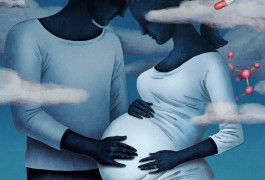
Scientists can rattle off lists of dozens of genes linked to autism, but there’s much less agreement about which elements of the environment contribute to the condition — and by how much.
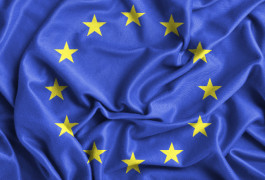
A European initiative that aims to provide a framework for clinical trials in autism has developed tools to track treatment responses.
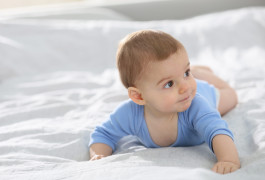
Some infants who are later diagnosed with autism have trouble holding up their heads or following objects with their eyes as early as 6 months of age.
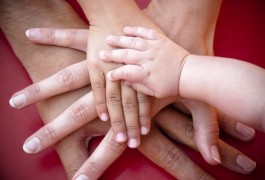
Researchers are studying the infant siblings of children with autism, with hopes of improving the disorder’s diagnosis and treatment. They need to recognize the risks of these ‘baby sib’ studies, cautions ethicist Ilina Singh.
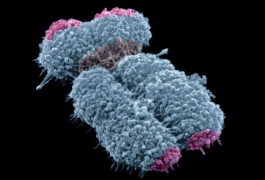
Telomeres, the structures at the tips of chromosomes, tend to be unusually short in people with autism and their immediate family members.
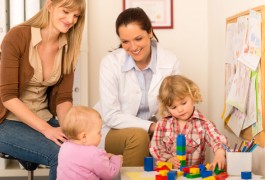
If diagnosed with autism between 18 and 24 months, younger siblings of children with autism usually retain the label at age 3.
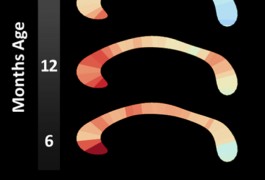
The bundle of nerves that connects the brain’s two hemispheres is abnormally thick in infants who are later diagnosed with autism. The broader the bundle, called the corpus callosum, the more severe a child’s symptoms.
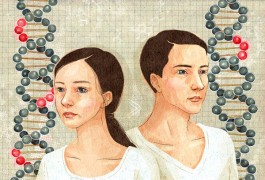
One of the most consistent findings in autism, and perhaps the most perplexing, is that it affects about four boys for every girl. This gender bias has become a hot topic in autism research — so much so that Molecular Autism devoted its entire May issue to it.
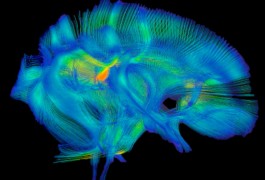
Among babies who go on to receive a diagnosis of autism at age 2, alterations in brain structures forecast the severity of repetitive behaviors. The preliminary results were presented Saturday at the 2015 International Meeting for Autism Research in Salt Lake City, Utah.
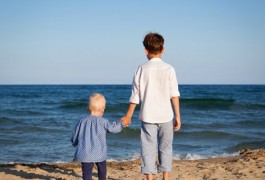
One in every five younger siblings of children with autism will end up being diagnosed with the disorder, according to the largest analysis to date of these ‘baby sibs.’